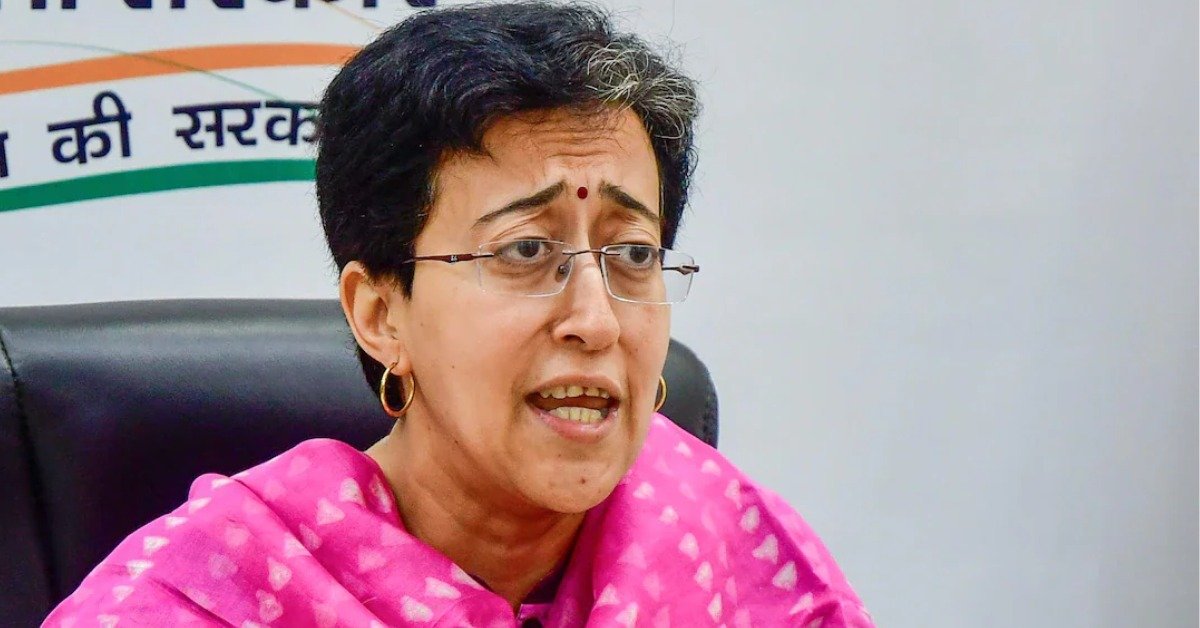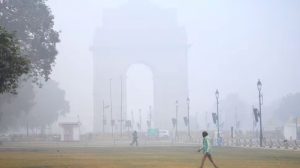Major crisis in Delhi imminent if ‘adequate’ water not released in Munak: Atishi to Haryana CM

Summary: Delhi Water Minister Atishi has urgently appealed to Haryana Chief Minister Nayab Singh Saini to release 1,050 cusecs of water from the Munak Canal to prevent a major water crisis in the capital within the next one to two days. Atishi highlighted that seven of Delhi’s Water Treatment Plants (WTPs) rely on the Yamuna river for raw water, and the current supply has dropped to 840 cusecs, significantly below the required 1,050 cusecs.
Referencing an agreement from a 2018 Upper Yamuna River Board meeting, Atishi noted that the agreed allocation translates to about 1,013 cusecs at Delhi’s Bawana contact point. She stressed that the reduced supply has caused undue suffering for Delhi residents. Additionally, she has requested an emergency meeting with Lt Governor V K Saxena to address the issue.
New Delhi: Delhi Water Minister Atishi has urgently appealed to Haryana Chief Minister Nayab Singh Saini to release 1,050 cusecs of water from the Munak Canal, warning of a major water crisis in the national capital if the request is not met within the next one to two days. In her letter to the Haryana CM on Sunday, Atishi highlighted the dependency of seven Water Treatment Plants (WTPs) in Delhi on the Yamuna river for their raw water supply.
The minister emphasized that Delhi is supposed to receive 1,050 cusecs of water at Munak, but current supply levels have dropped significantly. “With the water from Munak Canal reducing to 840 cusecs, Delhi will be unable to produce adequate water from our seven WTPs,” she wrote.
Atishi reminded the Haryana government of the agreement made during the 53rd meeting of the Upper Yamuna River Board in May 2018, which allocated around 1,050 cusecs to Delhi through the carrier-lined channel canal and Delhi Sub Branch Canals. Factoring in transmission losses, this allocation translates to approximately 1,013 cusecs at the Bawana contact point, where water enters Delhi and is measured by flow meters. According to Atishi, these meters were recently verified by representatives of the Upper Yamuna River Board.
“On average, the water received at the Bawana contact point even in the summers is between 980 and 1,030 cusecs,” she explained, noting the current drastic reduction. “As you are aware, Delhi is dependent on water from Yamuna for our day-to-day needs. However, for the past few days, Haryana has not been releasing an adequate amount of water in the Munak Canal. As a result of this, the people living in the national capital have been suffering unjustifiably.”
Atishi has also sought an emergency meeting with Lt Governor V K Saxena to discuss the “inadequate” water release by Haryana. The Munak Canal remains a critical source of potable water for Delhi, and any disruptions in its supply can have severe implications for the city’s residents.
The situation underscores the ongoing challenges in water management and inter-state cooperation, with the capital’s water security hanging in the balance. As the dialogue between Delhi and Haryana continues, the urgency of Atishi’s plea reflects the pressing need for a resolution to avert a looming crisis.
Last Updated on Monday, June 10, 2024 12:38 am by Delhi News Wire Team


